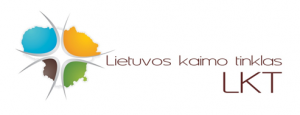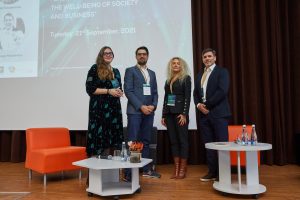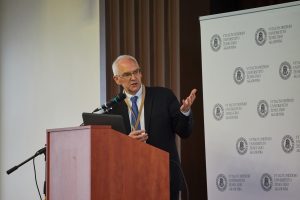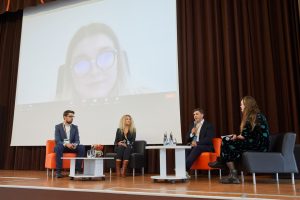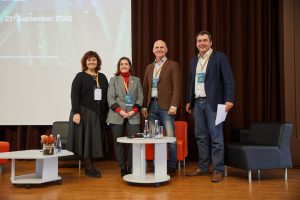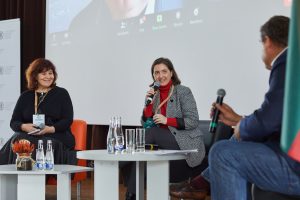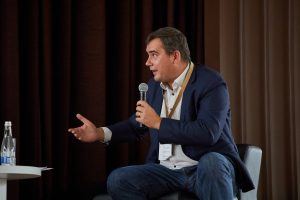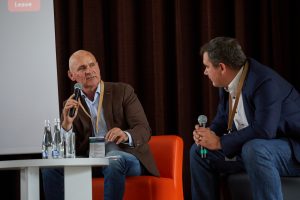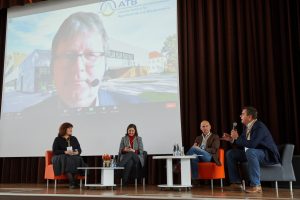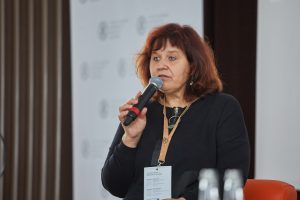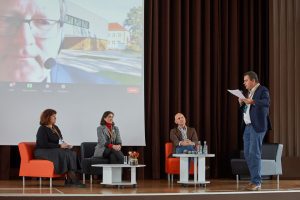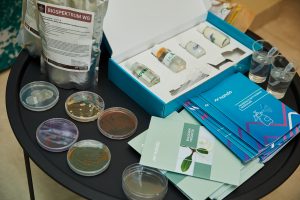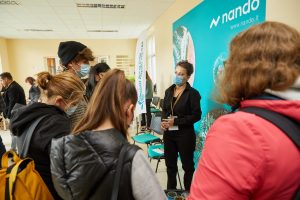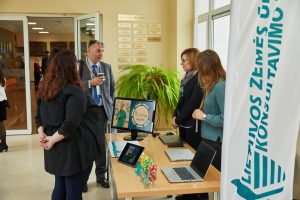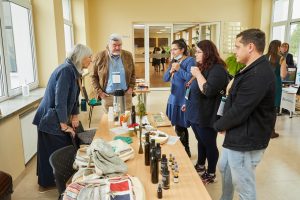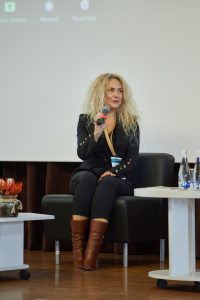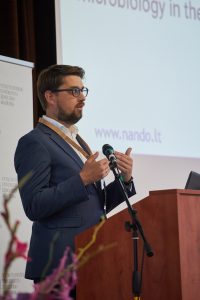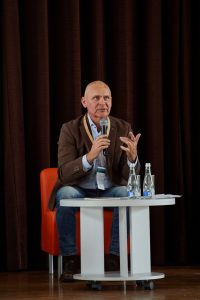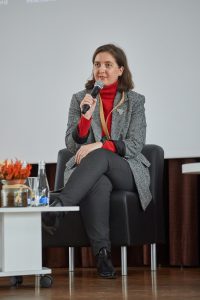Business and Science Forum: Challenges and Prospects of the Green Deal Addressed
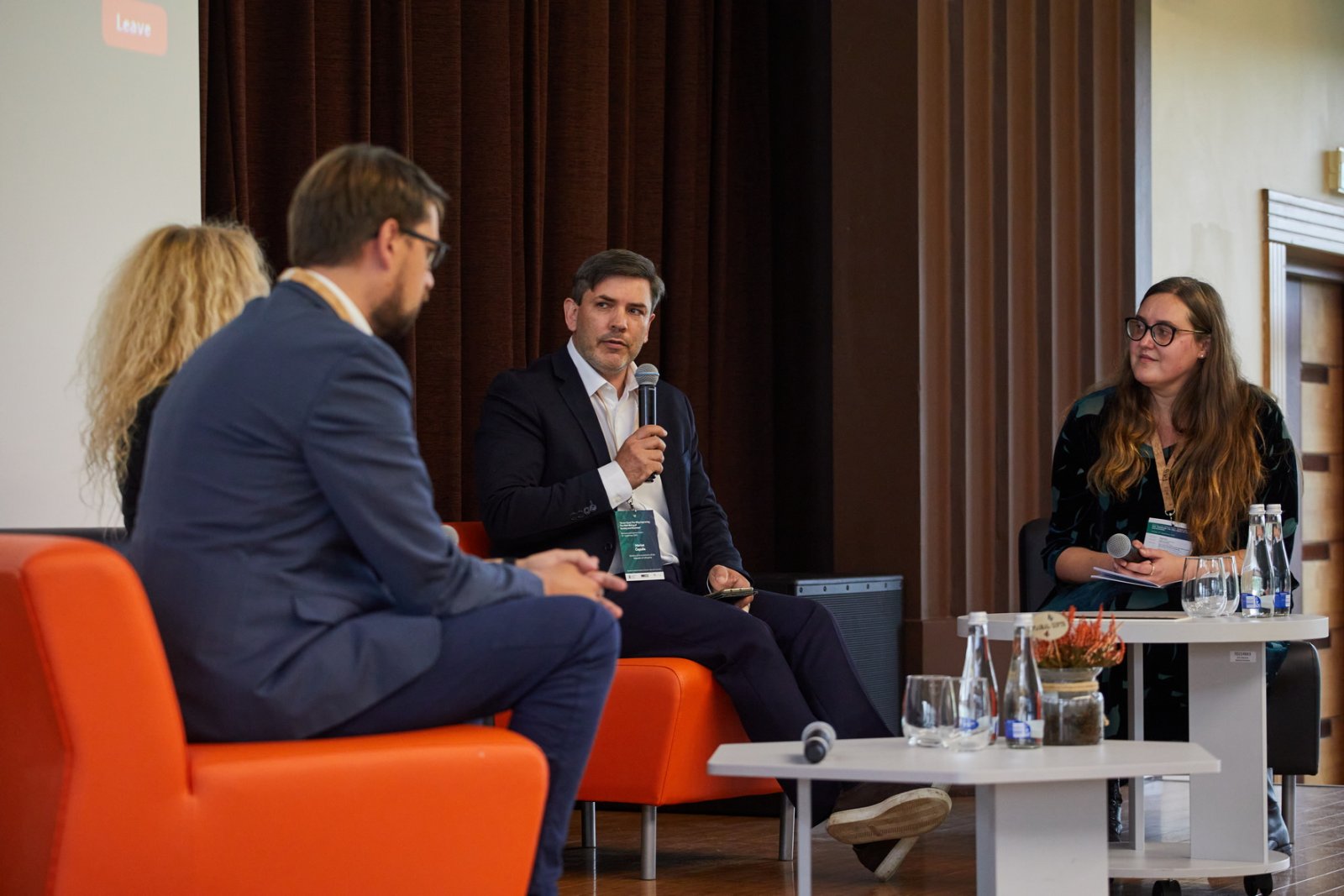
The Forum – International Conference “Green Deal: Guidelines Improving the Well-being of Society and Business” took place at the Vytautas Magnus University Agriculture Academy (VMU Agriculture Academy) on the 21st of September. The leaders of science and business of an international scale held discussions in the efforts to find the solutions for more efficient use of natural resources enabling preservation of the biological diversity, reducing the pollution and securing the well-being of people at large through development of sustainable economy of the EU.
The participants of the Forum were welcomed by the event hosts at the expo area where the natural product producers, the Association of Cannabis Growers, Processors and Business Innovators (KAPVIA) and raw fruit and berry dried pulp sheet producer Dream Food, shared their best practice and experience. The participants could also hear more from the companies offering innovative solutions for business participating at the expo, such as Nando Labs, UAB conducting research in chemistry, providing raw chemicals and research consultancy services. The Lithuanian Agricultural Advisory Service presented the Applied Innovation Research and Results Information System (TITRIS), precision farming, and the Integrated Plant Protection Information, Advisory, and Training Information System (IKMIS).
Special Role of Research and Interdisciplinary Knowledge
Business, research, and political representatives participated in joint discussions of the role of science in implementation of the farm to fork strategy, explored the ways and measures to secure healthy and environmentally friendly food for the consumers and reduce food waste. Participants of the Forum placed particular focus on the challenges associated with the development of the European Green Deal, exchanged their ideas on investments into environmentally neutral technologies and innovative business solutions.
The European Commission has set the target of at least 55% cut of the greenhouse gas emissions by 2030 (compared to the level of 1990) and expects Europe to become the first climate-neutral continent on the planet by 2050. “These ambitious goals have the key role of guiding us in the right direction. Even if we fail to fulfil them, it won’t mean we will have failed, as the progress we’ll have done will help us stay on the right path,” – said Ms Kristina Simonaitytė, Advisor to the Minister of Agriculture of the Republic of Lithuania, who also participated in the discussion.
Mr Aušrys Macijauskas, the Chairman of the Lithuanian Grain Growers’ Association, shared his concern with the Forum participants, namely, that the significant drop in EU᾽s food production estimated by the researchers in the future may lead to a considerable increase in the imports of low-cost, unsustainable food products from the third countries.
According to Mr A. Macijauskas, there are great challenges ahead of us, and we still do not have any one-fit-all simple solution that would enable us to overcome them successfully in order to secure biological diversity, become climate-neutral, and produce sufficient amounts of food for the consumers. “We are capable of achieving the goals. This, however, requires considerable investments and greater involvement of researchers. We need educated farms, smart equipment for precision farming enabling 5- to 10-fold reduction in the use of pesticides. We also need the systems providing timely detection of plant diseases and pests,” – said Mr A. Macijauskas.
Europe, the First Climate-Neutral Continent: Challenge Turned Reality
Both global and national efforts have been made to explore the ways of adaptation to the consequences of the climate crisis, such as growing droughts, floods, and other natural disasters, and the methods of sustainable farming to make sure that the farming activity by the human is not environmentally damaging. Nonetheless, the participants of the Forum have agreed that there is still a lot to be done in this respect.
“Agriculture is a sector that is still insufficiently digitalized and yet remains fairly conservative. Today, we are talking about multiple steps that need to be made in order to have true transformation. We need a wider perspective to be able to see what should be done,” – said Ms Kristina Šermukšnytė-Alešiūnienė, Director of AgriFood Lithuania DIH and Director of the Lithuanian Cluster Network.
Mr Jonas Ignatavičius, CEO of Nando Labs, UAB, who delivered his presentation “The Role of Water in Agricultural Spray Solutions”, mentioned that people’s mindset and disbelief in the Green Deal would be the greatest challenges at the moment. “We cannot take a step back. Changes are inevitable and we will have to be prepared for them. The businesses that will take the first steps, will gain the most, but assistance from the Government is what they need,” – said Mr Ignatavičius.
The ideas of economic, environmental, and social sustainability are most noticeable in Iceland, the country with impressive resources of geothermal energy. The success story of this country was shared at the Forum by Prof. Dr Inga Minelgaitė (University of Iceland) in her presentation “Make Sustainability Stick for Society and Business: The role of societal culture. Case of Iceland”.
Prof. Dr Vilma Atkočiūnienė representing VMU Agriculture Academy, Mr Andreas Meyer-Aurich representing Humboltd University of Berlin, Leibniz Institute for Agricultural Engineering and Bioeconomy, and Ms Ieva Valeškaitė, Vice-Minister of the Economy and Innovation, also participated in the discussions.
The aim of the Forum was to support the discussions on the strategic approaches, challenges, and possibilities in development of the sustainable economy of the EU; business initiatives for effective use of resources to secure circular economy and biological diversity through reduction of pollution that affects local and global decisions with the view towards the well-being of people and business.
The discussions that took place at the Forum demonstrated that the science, business, and Government share the same views regarding the direction to be taken in implementation of the Green Deal. It is, however, also important to find common measures that would be assisted by the Government and researchers in terms of their implementation. Business, in turn, should take initiative in implementation of the Green Deal objectives. The companies that shared their innovative solutions at the Forum agreed that the Green Deal direction is feasible. It is, however, obvious that the collaboration between business, science, and Governmental sectors and the confidence in a more sustainable future are needed.
Project “Implementation of Communication Measures Promoting the Effective Application of RDP for Innovation in Rural Areas, Development of Short Food Chains, Promotion of LEADER Cooperation and Sustainable Bioeconomic Solutions” No. PLKT-KK-20-2-09779-PR001 was financed under the Lithuanian Rural Development Program 2014–2020. The project is supported by the European Agricultural Fund for Rural Development and the Republic of Lithuania.





